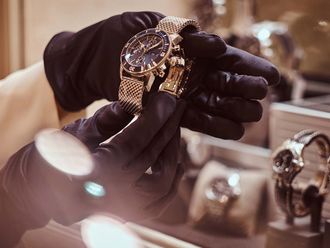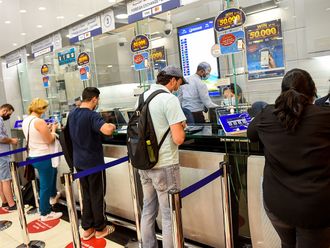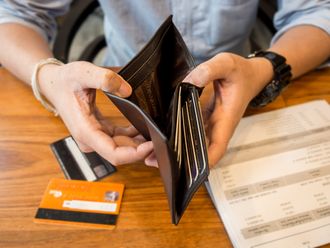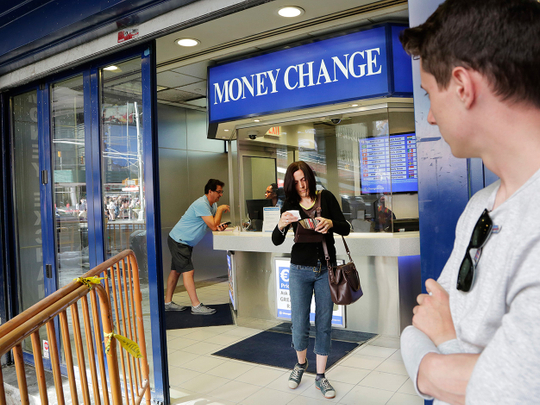
Dubai: When preparing to travel to a new country overseas, you may often rush to exchange the cash you have in hand for the new destination’s currency right before your trip. If you did, you may be missing out on forex-related savings. Here’s why.
“You will most often get better rates in the countries you visit when presenting US dollars,” said Anil Pillai, a UAE-based forex analyst. “This is because US dollars are far more in demand than any other currency worldwide, so acceptance and exchange rates are higher and will result in more savings.
“However, because some countries make money exchange difficult or over charge, ensure you have some local currency to avoid having to change money at airports for a few basics like a taxi to your hotel. I would suggest $200-$300 (Dh700-Dh1,000) in local currency, with the rest in US dollars.”
You will most often get better rates in the countries you visit when presenting US dollars
Keep local currency handy, with rest in US dollars
So it is also necessary to have local currency handy. But while cash most often gets the best rate, there are risks involved. One reason why is not advisable to convert your local currency into US dollars and then convert dollars into the currency of your destination is because you will lose in exchange twice.
“Once when you convert local currency into US dollars, the bank will give you US dollars at their selling rate and again when you convert US dollars into the currency of your travel destination. Each conversion you do is incurs losses – albeit marginal – with the agents charging fees each time,” added Pillai.
Moreover, whether or not you should change currencies this way also depends on how globally connected your destination is. So apart from the reason of exchange rate-related savings, this will also help draw another conclusion why it helps to convert to a well-accepted currency like the US dollar.
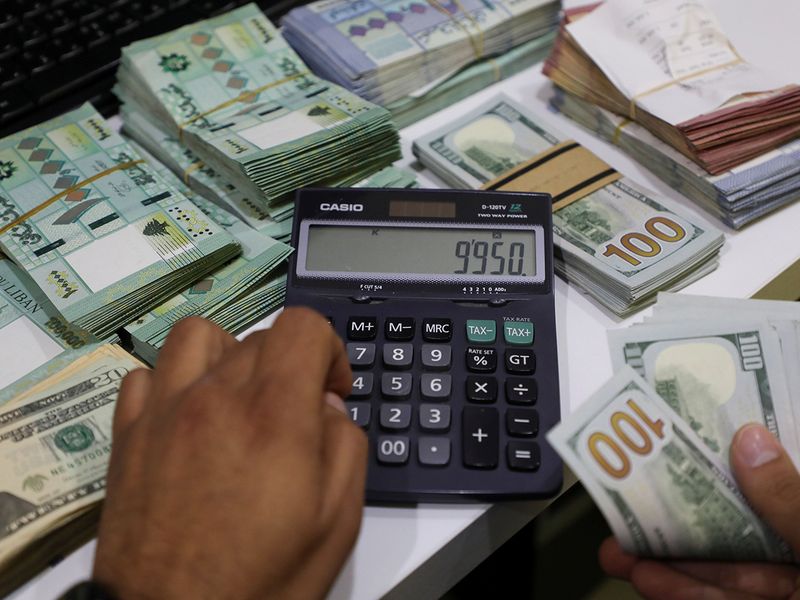
What other reason is there to convert to US dollar?
“If you are going to a destination which is quite remote, rarely has any travellers visiting, or not a city with many banks or businesses operating there, then your home currency may not be recognised. Then it is a good idea to change to US dollar,” added Pillai.
“While this may be largely true for other major international currencies like the European Union’s euro and the British pound, the US dollar is preferred because it has historically been stronger and has most often been rising in value against most other foreign currencies.”
Additionally, keep in mind that aside from using cash, there are other ways depending on where you are going and your country. You can load a card with local currency or, as a lot of travellers do, use their debit card which carries extra charges.
The US dollar is preferred because it has historically been stronger and has most often been rising in value against most other foreign currencies
What rate-related pitfalls to avoid when travelling
Even when you do carry US dollars, instead of the new currency ahead of your trip, experts still reiterate that you look up the exchange rate before you leave the country, and monitor it upon arrival.
“Before you set off on your trip, check the rate occasionally to stay informed about any major changes,” said Matt Simeon, another UAE-based forex trader turned analyst. “Being informed is the first step in getting a good rate. It will prevent you from exchanging the money at a very unfavourable rate.”
Also, if instead of cash, you use a card, there a few other pitfalls that can result in exchange-rate related losses, Simeon cautioned. “You may have noticed that many merchants now offer to charge your card not in the local currency but in your home currency.
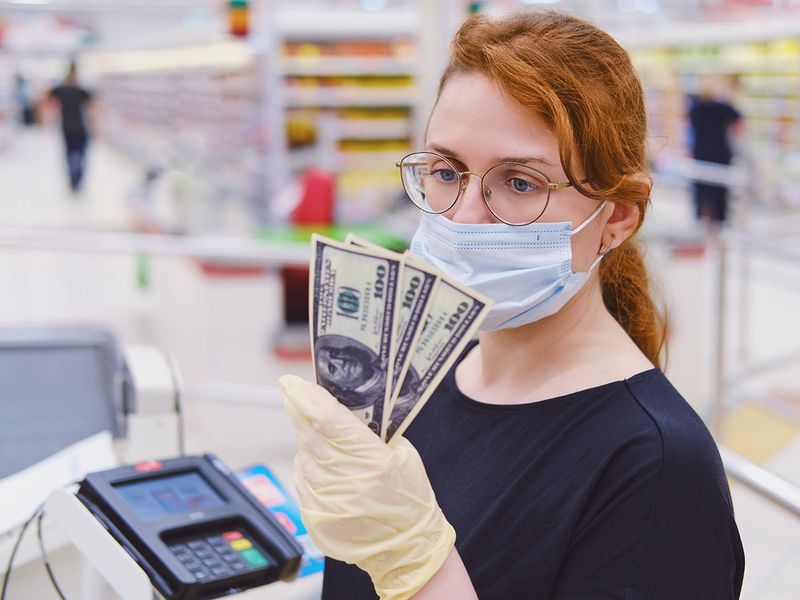
“Don’t agree to this offer, as they often add fees to the already poor exchange rate. Choose to pay for the purchase in the local currency and allow your credit card company to do the conversion at a better exchange rate, he cautioned.
“You’ve also probably already seen many money exchange kiosks at airports. They may promise ‘zero commission’, but in return, they have a poor exchange rate. Even though their airport location means it’s convenient, you pay a very high price for this ‘convenience’ – which can cost as high as 15 per cent.”
• Know the currency exchange rate
• Use a credit card with no foreign transaction fees
• Use a debit card with low or no foreign transaction fees and no ATM fees
• Pay for purchases in the local currency
• Avoid airport exchange rate kiosks
Key takeaways
While it would be practical and convenient to go ahead and convert to the travel destination’s currency ahead of your trip, converting first to US dollars and, upon arrival at the destination, to the currency you require, will be in your favour since the local currency will enable you to buy and pay for more.
However, while you can shop around for the best rate at your leisure now that you have local currency available for taxis and food when you arrive, there’s the risk of finding lower rates at airports and hotels. This means wasting time searching for an exchange upon arrival. In some countries that can be difficult.
Nevertheless, if you choose to do so, here are some pointers: “Do not have all your US dollars changed but estimate your expenses and convert only what you will need. Ask for small bills as it’s more convenient. Do not carry too much cash but try and use a card with acceptable charges,” added Simeon.
“But first, ask your bank how much will be the charges when used to the country that you intend to visit. If you can handle the charges, it would be wise, otherwise, just use enough for your travel. Wherever you want to go, research first about the currency and whether credit or debit cards are accepted.”

_resources1_16a4a1613d8_small.jpg)


